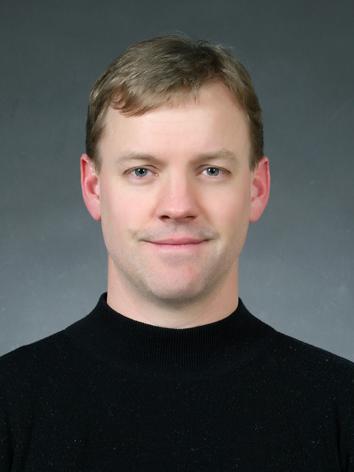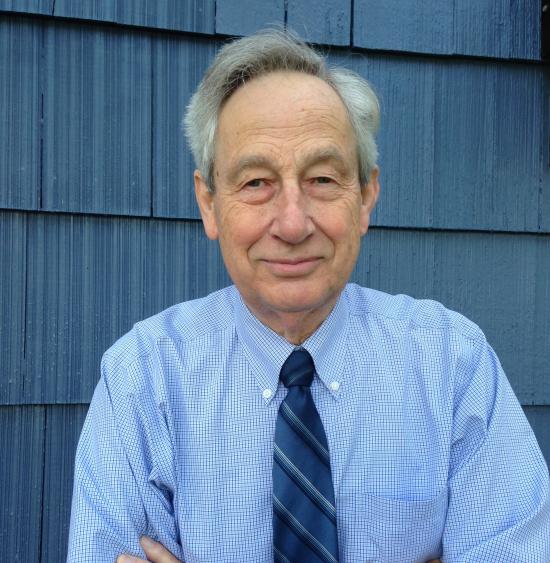Contexts
An examination of contexts. Although often used to mean the circumstances or setting of an event, statement, or idea, the history of the word “context” has its origins in the idea of connecting, of weaving together. We examine how different kinds of contexts are woven together, the ways that they fray, what connects creators, documents, and other observers, and what disconnects them. We consider the problems of lack of context and the obsolescence of recorded contexts. We also consider mass media, social media, and big data as they are connected to totalizing effects and totalitarian ideologies.
Lists and list making are connected with context etymologically and provide a useful material and conceptual tool for thinking about what counts as the circumstances of an event, statement, or idea. Considering lists and their contexts helps to contextualize information science as a field concerned with enumerating useful contexts.
Starting in Fall 2020, participants must have a Zoom account and be logged in. Sign up for your free account here.
If this is your first time using Zoom, please allow a few extra minutes to download and install the browser plugin or mobile app.
Wayne de Fremery is an associate professor of Korean literature at Sogang University in South Korea, where he develops new technologies for investigating Korean literature and documentary traditions. He holds a doctorate from Harvard University in east Asian languages and civilizations, a master’s in Korean studies from Seoul National University, and a bachelor’s in economics from Whitman College. Wayne is the author of a growing number of academic publications about bibliography and the socialization of twentieth-century Korean literary texts. In 2011, his book-length translation of poetry by Jeongrye Choi, Instances, appeared from Parlor Press. His current book project is titled Computational Bibliography and the Sociology of Data. He is also at work on a manuscript titled How Poetry Mattered in 1920s Korea.
Michael Buckland is emeritus professor in the School of Information and co-director of the Electronic Cultural Atlas Initiative. He grew up in England and studied history at Oxford and librarianship at Sheffield University. He trained at the Bodleian Library in Oxford and moved to the University of Lancaster Library in 1965. In 1972, Buckland moved to the United States to be Assistant Director of Libraries for Technical Services at Purdue University Libraries before becoming Dean of the School of Library and Information Studies at Berkeley from 1976 to 1984. He served from 1983 to 1987 as Assistant Vice President for Library Plans and Policies for the nine campuses of the University of California. Professor Buckland’s interests include bibliography, library services, search and discovery, cultural heritage, and the history and theory of documentation.











